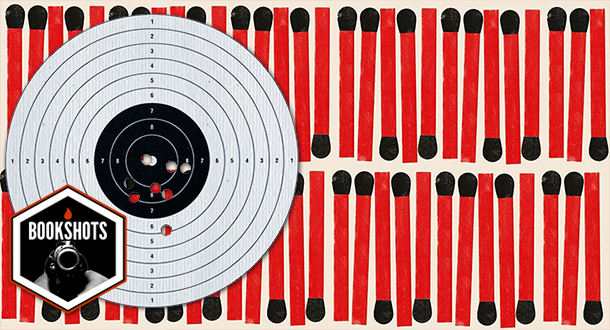

In “Moonglow,” the fictional Michael Chabon tells the story of his grandfather the author Chabon thought it would be “a fun thing to try.” It was also “a fruitful way to get at something that I wanted to try to get at - about truth and the way that it’s manufactured within families, and the way that family stories come into being: the things that get included, the things that get censored out, the way that a consensus can be arrived at, or the way that some stories just never get resolved, and people will go to their graves giving two totally different accounts of exactly the same thing that they were both present for.” “This is how I heard the story” is how the narrator begins - after an author’s note stating, in part, “I have stuck to facts except when facts refused to conform with memory, narrative purpose, or the truth as I prefer to understand it.” His newest novel, “Moonglow,” is a sweeping family history couched in the conceit of a literary memoir, a multi-generational saga in which children and grandchildren seek to make sense of their fathers’ secrets, lies and loves. And I didn’t.”Ĭhabon is a father now himself he and his wife, writer Ayelet Waldman, have four children. What I think what I wanted was to have a dad who wanted to be a dad, in a way that William in that story wanted to be a father.

In one of the essays included in the 2009 collection “Manhood for Amateurs,” the writer traced his own longing to be a father to his childhood affection for the “Free to Be … You and Me” animated television special, which included a cartoon segment of the song “William Wants A Doll.” “It meant so much to me,” Chabon said in a phone interview from his home in Berkeley. Fatherhood has long fascinated Michael Chabon.


 0 kommentar(er)
0 kommentar(er)
